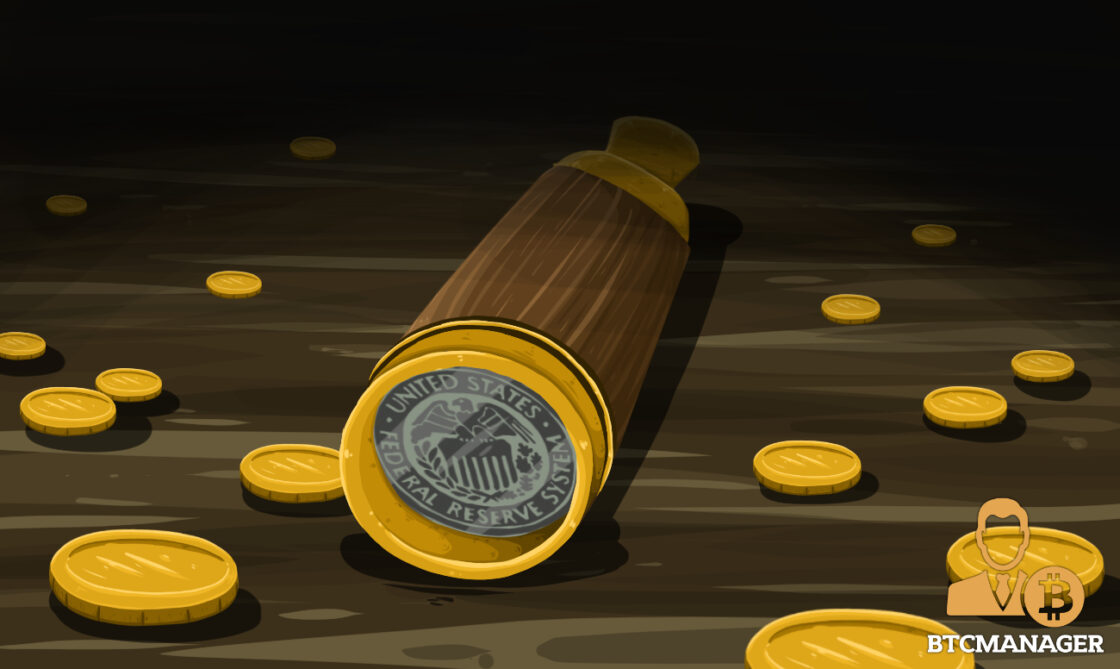PALO ALTO, Calif. (Reuters) - The Federal Reserve is looking at a broad variety of concerns around digital payments and currencies, including policy, style and legal considerations around potentially issuing its own digital currency, Guv Lael Brainard said on Wednesday. Brainard's remarks suggest more openness to the possibility of a Fed-issued digital coin than in the past." By changing payments, digitalization has the possible to provide greater worth and convenience at lower expense," Brainard said at a conference on payments at the Stanford Graduate School of Organization.
Main banks internationally are debating how to handle digital financing technology and the distributed journal systems utilized by bitcoin, which guarantees near-instantaneous payment at possibly low cost. The Fed is establishing its own round-the-clock real-time payments and settlement service and is presently examining 200 remark letters sent late in 2015 about the suggested service's design and scope, Brainard said.
Less than 2 years ago Brainard informed a conference in San Francisco that there is "no engaging showed need" for such a coin. However that was before the scope of Facebook's digital currency ambitions were widely understood. Fed officials, including Brainard, have actually raised issues about customer securities and information and personal privacy hazards that could be posed by a currency that could enter usage by the third of the world's population that have Facebook accounts.
" We are working together with other reserve banks as we advance our understanding of reserve bank digital currencies," she stated. With more countries looking into issuing their own digital currencies, Brainard said, that adds to "a set of reasons to likewise be ensuring that we are that frontier of both research and policy advancement." In the United States, Brainard said, concerns that require study consist of whether a digital currency Click for info would make the payments system more secure or simpler, and whether it could position monetary stability threats, including the possibility of bank runs if money can be turned "with a single swipe" into the main bank's digital currency.
To counter the monetary damage from America's unmatched nationwide lockdown, the Federal Reserve has taken extraordinary steps, including flooding the economy with dollars and investing straight in the economy. Most of these relocations got grudging acceptance even from numerous Check out this site Fed doubters, as they saw this stimulus as required and something just the Fed might do.

My new CEI report, "Government-Run Payment Systems Are Risky at Any Speed: The Case Versus Fedcoin and FedNow," information the dangers of the Fed's existing strategies for its FedNow real-time payment system, and propositions for central bank-issued cryptocurrency that have been dubbed Fedcoin or the "digital dollar." In my report, I discuss issues about privacy, data security, currency manipulation, and crowding out private-sector competition and innovation.
Advocates of FedNow and Fedcoin say the federal government needs to develop a system for payments to deposit immediately, instead of motivate such systems in the economic sector by raising regulative barriers. But as noted in the paper, the private sector is providing a relatively endless supply of payment technologies and digital currencies to fix the problemto the extent it is a problemof the time space between when a payment is sent out and when it is gotten in a bank account.
And the examples of private-sector innovation in this location are numerous. The Clearing House, a bank-held cooperative that has been routing interbank payments in different forms for more than 150 years, has been clearing real-time payments considering that 2017. By the end of 2018 it was covering half of the deposit base in the U.S.